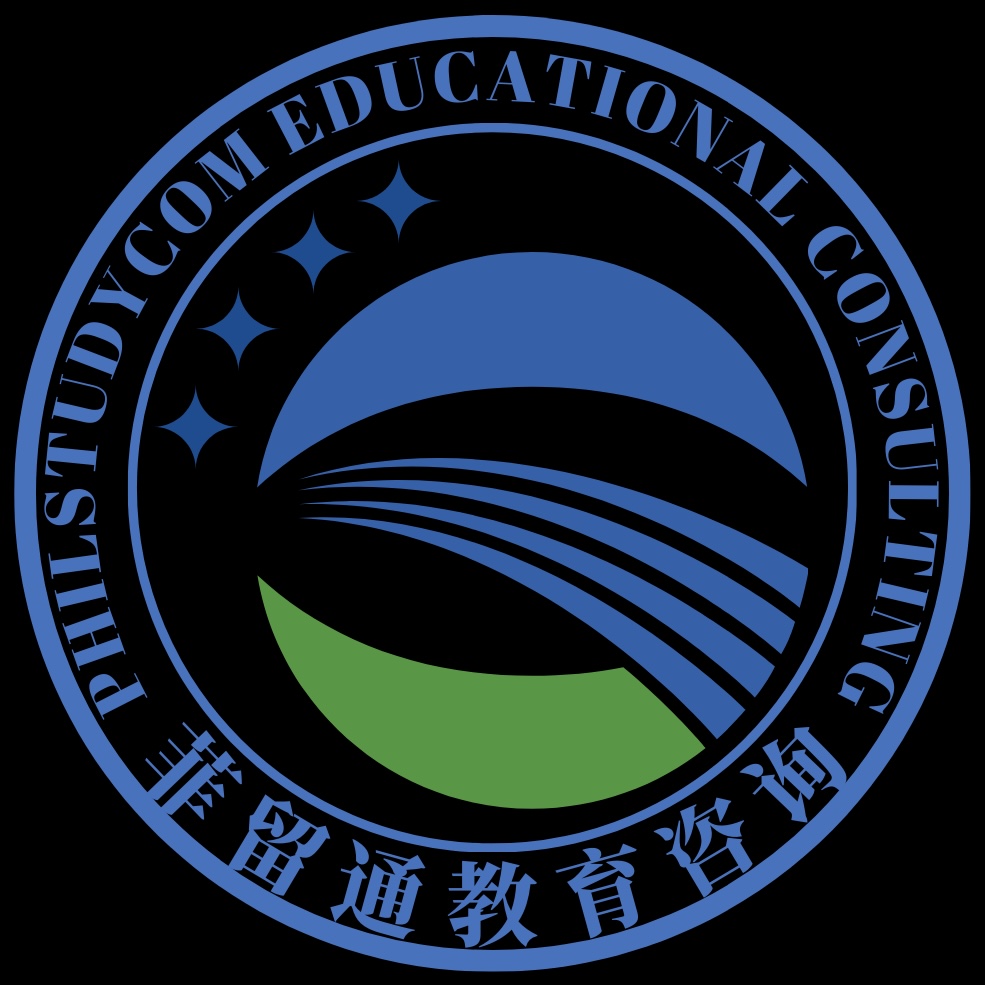How Many Years to Complete a University Degree in the Philippines?
- PhilStudyCom
- Dec 13, 2023
- 3 min read

The Philippine higher education system is favored by students worldwide for its uniqueness and flexibility. Its American-style education system, distinct from those in Europe and other Asian countries, highlights the separation between undergraduate and graduate education. PhilStudyCom provides you with detailed information to deeply understand how many years to complete a university degree. Typically, undergraduate education in the Philippines is a 4-year program, slightly shorter compared to the 4 to 5 years in China. The duration of graduate education varies according to the specific needs of the program, with master's degrees typically spanning 1 to 2 years, and doctoral degrees between 3 to 5 years.

1. Undergraduate Education
Philippine undergraduate education is usually a 4-year program, divided into two main parts:
Foundation Education Stage (First Two Years):
This stage usually covers key areas such as English, mathematics, natural sciences, and social sciences. The extensive disciplinary coverage aims not only to lay a solid academic foundation for students but also to cultivate critical thinking and problem-solving abilities. Through diverse teaching methods like group discussions, case studies, and laboratory work, students are encouraged to think actively and explore, enabling them to effectively analyze and solve complex problems. This comprehensive educational approach lays a solid foundation for in-depth professional learning and provides essential skills for future career development, such as logical thinking, innovation, and teamwork spirit. This educational model ensures that Philippine university graduates are not only equipped with essential knowledge but also can adapt flexibly in various professional environments.
Professional Deepening Stage (Last Two Years):
In this stage, students fully engage in in-depth learning of their chosen majors. This phase focuses on accumulating theoretical knowledge and emphasizes the practical application and implementation of professional skills. Students are encouraged to participate in experiments, internships, or community service projects, applying theoretical knowledge to real-world challenges. The practical experience gained not only deepens their understanding of professional knowledge but also enhances their career adaptability and social responsibility. Furthermore, many courses involve comprehensive projects and theses, requiring students to solve practical problems or conduct in-depth research. This educational model ensures that Philippine university students not only acquire solid professional knowledge but also develop practical operational abilities and independent research skills, enabling them to adapt to various work environments and become professionals in their fields.

2. Graduate Education
The duration of graduate education in the Philippines varies depending on the specialty and course structure:
Master's Degree:
The duration of master's programs is typically 1 to 2 years. During this phase, students delve deeply into professional knowledge while actively participating in independent or group research projects. The focus of master's education is on cultivating students' research abilities and professional skills. Courses often require a thesis or professional project for graduation, which tests students' professional knowledge and showcases their research outcomes and innovative capabilities. At this stage, students have the opportunity to collaborate with teachers and industry experts, participating in practical research work crucial for their future careers or further academic research.
Doctoral Degree:
Doctoral studies usually take 3 to 5 years to complete. This phase includes advanced professional courses and in-depth research work. Doctoral students are encouraged to conduct original research and make substantial academic contributions to their fields of study. Writing and defending an academic thesis is a key requirement of this phase, demonstrating students' research abilities and contributions to academia. Doctoral candidates often receive guidance from professional advisors, with their research closely linked to current academic discussions and industry trends, laying the foundation for their future academic careers or leadership roles in the industry.
For students planning to study in the Philippines, understanding the time required for university education is a crucial step in planning their academic and career paths. The Philippine higher education system balances theoretical learning with practical experience, providing students with a comprehensive and diversified learning environment. This educational approach not only lays a solid academic foundation for students but also focuses on developing their practical operational abilities, independent research skills, and innovative thinking. Whether in undergraduate or graduate phases, Philippine university students exhibit outstanding adaptability and leadership in academic and professional fields through comprehensive training. These experiences and skills provide a solid foundation for their success in the rapidly changing global job market. The Philippine university education system is committed not only to imparting knowledge but also to developing students' personal abilities, helping them achieve personal goals and professional dreams, and becoming professionals in their respective fields.





Comments